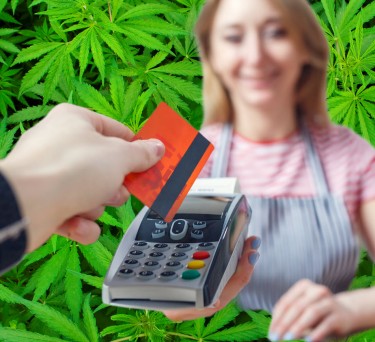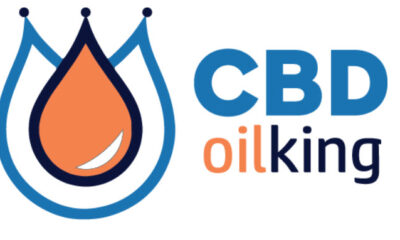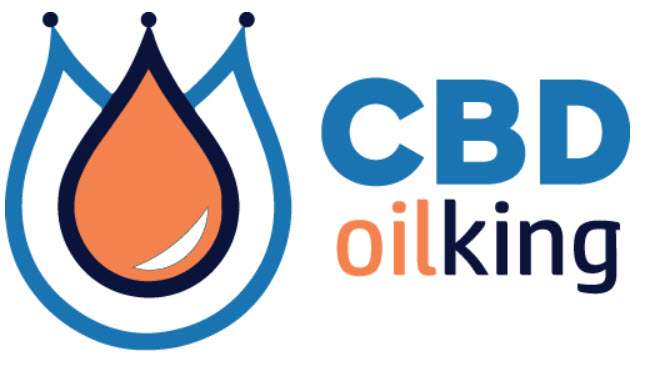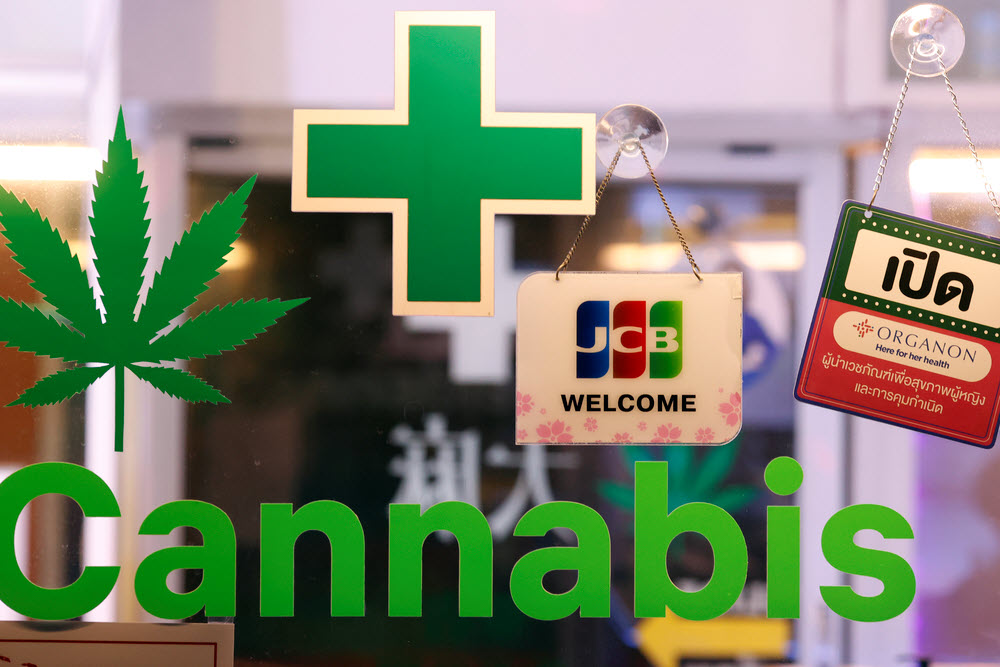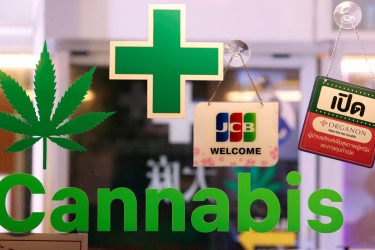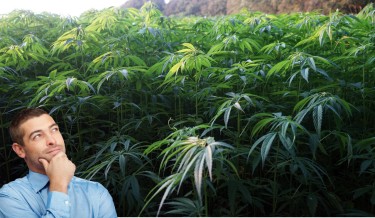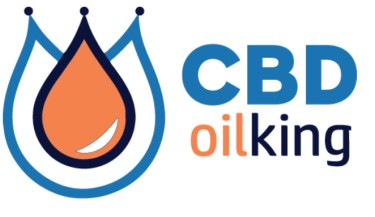
People in the UK increasingly realize that CBD vaping is quite safe. Even NHS recommends CBD vaping as one of the relatively safer ways to quit smoking. Vaping is not without any harm, but it is much safer than tobacco smoking. Even more, CBD vaping is associated with some good health effects. However, now people are realizing that THC vape pens could be an even more potent way of enjoying CBD’s health benefits.
What is THC Vape?
If readers noticed that in the introduction of this text, we talked about CBD, there is a reason for that. THC vaping is different from CBD vaping, but not entirely. It has much in common with it.
The hemp plant is rich in many cannabinoids. Two major cannabinoids are THC (Tetrahydrocannabinol) and CBD (Cannabidiol). It also has many minor cannabinoids in smaller amounts, like CBG, CBC, CBN, THCV and CBDV. CBD vape pens generally have all these compounds except THC.
However, THC vape differ in the way that they also contain small amounts of THC along with CBD, minor cannabinoids, and other beneficial organic compounds like terpenes for added flavour and enhanced vaping experience.
So, why do some of the vape pens have added THC in small amounts? After all, THC is known to be addictive and has mind-altering properties. Well, the explanation is simple: the secret is in the dosage. In smaller and legally permitted dosages, THC does not cause a high; it is safe and can have many health benefits.
When small amounts of THC are added to CBD, minor cannabinoids, and terpenes, it results in much more powerful health benefits. That is why some of the CBD-based clinically approved drugs also contain THC.
THC vape pens may also have some distinct benefits not experienced with CBD vape pens. This is due to “the entourage effect.” The entourage effect is a bit different from synergy. Synergy is like two-plus-two equal to five, meaning that using some compounds together results in a more potent effect, yet safety is not compromised. However, the entourage effect means combining two compounds may result in some unique health benefits not seen when those compounds are used in isolation. So, the entourage effect is more powerful and unique than synergy.
Therefore, using THC vape pens means some unique health benefits, although these vape pens contain THC in small amounts.
THC Vape: The Dangers
It is no secret that THC is the main compound responsible for all side effects of the cannabis plant. This substance is addictive and, at higher dosages, causes euphoria, has potent mind-altering properties, and may cause hallucinations.
However, there is one important thing to understand. All these effects of THC are seen at much higher dosages than those in legally produced THC vape pens.
Legally produced/sold vape pens in the UK, like those by CBDoilking, do not contain THC more than 0.2%. This is significantly lower than cannabis indica or marijuana, which may contain 25% or even more THC. So, there is no comparison between legal THC vape pens and marijuana. At these small dosages, THC does not cause euphoria or other side effects and has no addictive properties. It only has mild stress-relief properties at these dosages.
Secondly, THC vape pens sold by CBDoilking follow other important UK guidelines and legal requirements, which means that THC vape pens cannot contain more than 1 mg of THC. Hence, it is not just about low concentration but also about low amounts, thus ensuring its safety.
Safe and Potent THC vape pens
THC vape pens are for health-conscious individuals who would like to vape on a regular basis. It is safe and may have beneficial effects like reduced anxiety, improved mood, and enhanced sleep, and it may also help reduce pain sensation.
THC vape pen is even better than your regular CBD vape pen for quitting smoking. This is because it is better at reducing tobacco cravings.
CBDoilking sells one of the strongest THC vape pens in the market (75-80% CBD plus CBG along with THC in permitted amounts), and yet all pens sold on the platform follow strict legal guidelines. All the products undergo third-party testing and are proven to contain THC, CBD, and other minor cannabinoids within legally permitted and safe limits.
Another good thing about CBDoilking is that these excellent THC vape pens come in many flavours. These flavours are not due to some artificial substances but rather due to their content of terpenes. Terpenes are plant-based aromatic compounds with antioxidant and anti-inflammatory properties.
CBDoilking offers vapes that are based on science, combining different natural compounds in the right ratio. This is both about safety and potency. So, these products are really good for those looking for something better, potent, and yet safe.
The Bottom Line
CBD vape pens have been around for some time, and their safety is well-established. They are an excellent way to quit smoking and also enjoy CBD’s health effects. However, some people are looking for something more potent. THC vape pens are good for such individuals. These contain all beneficial compounds present in the cannabis plant but in the right proportions.
THC vape pen is a new way to enjoy vaping. It is unlikely to cause any side effects as these products are made for regular use. Of course, one should not overdose on THC or CBD. It is important not to have more than a few puffs a day. Rare side effects like nausea or stomach issues might occur but are transient and short-lived. Such issues are rarely the cause of concern, except in a very small number of cases.
Thus, if you are looking for something better to reduce stress and overcome pain and anxiety, then a THC vape pen may be the right choice. Choosing something strong like the one offered by CBDoilking may be a good idea. Despite being strong, these vape pens contain THC only in legally permitted amounts and in concentrations proven to be safe and not cause euphoria.
To sum up, if you are already an experienced CBD vaper, it may be a good idea to give THC vaping a try.
CBD VAPE OIL SAFETY, READ ON…
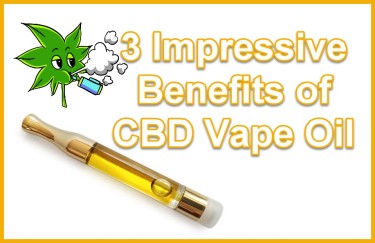
3 BIG BENEFITS OF CBD VAPE OIL CARTS, WHY DO THEY WORK?
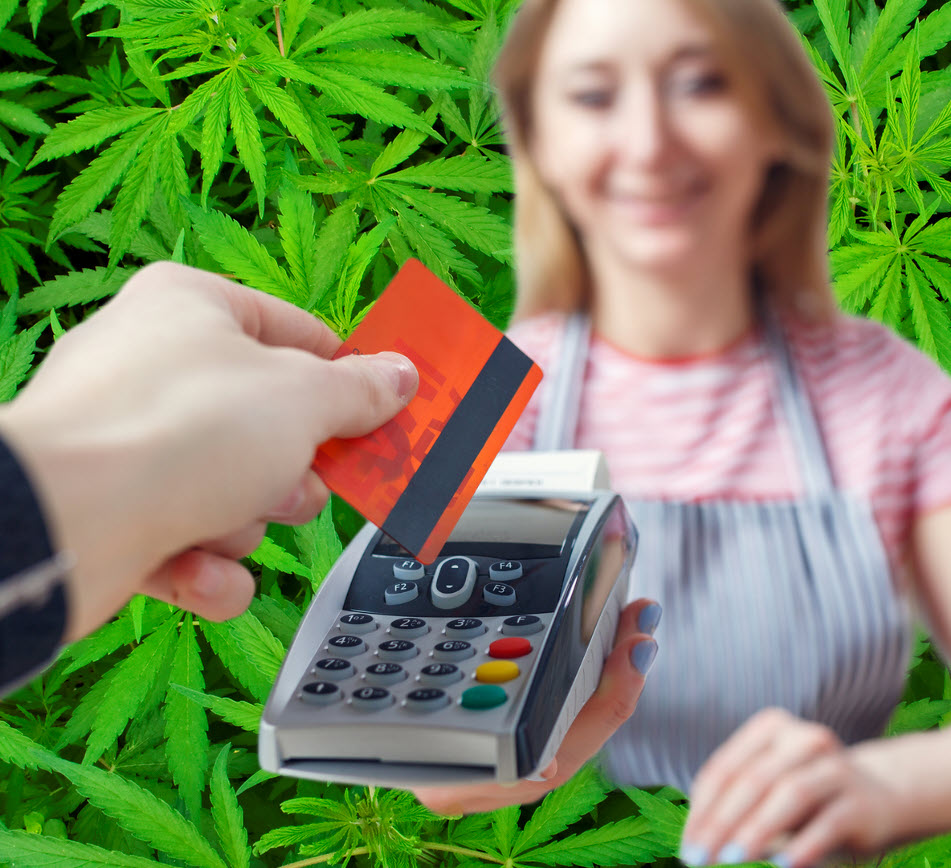

 Cannabis News1 year ago
Cannabis News1 year ago
 One-Hit Wonders1 year ago
One-Hit Wonders1 year ago
 drug testing5 months ago
drug testing5 months ago
 Cannabis 1011 year ago
Cannabis 1011 year ago
 Marijuana Business Daily1 year ago
Marijuana Business Daily1 year ago
 Education1 year ago
Education1 year ago
 Education1 year ago
Education1 year ago
 Cannabis1 year ago
Cannabis1 year ago


